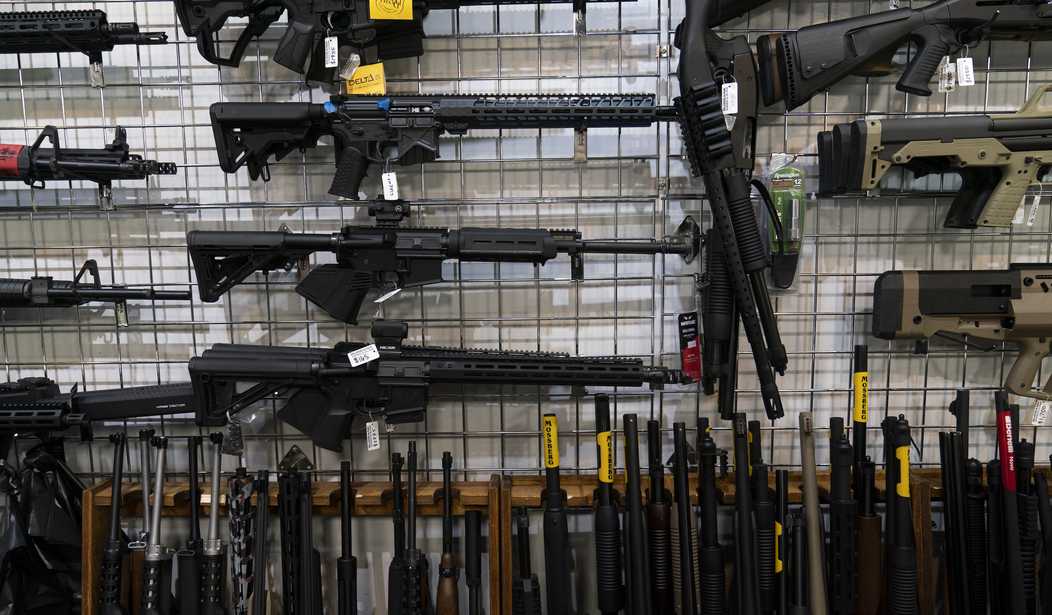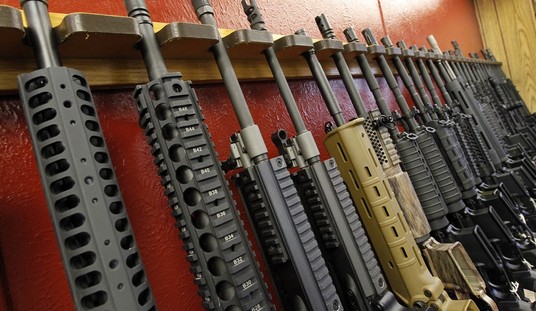In the wake of Lewiston, Maine--a formerly pro-gun state despite its voting history--passed a number of gun control laws. The measures weren't as bad as they could have been, but they weren't great, either.
As it is, the state had what many call a "yellow flag law" that allows police to petition to have someone disarmed. The killer in Lewiston had raised alarms with the right people, but no one opted to utilize the law. It didn't work as designed, and so now people think the problem is that it needs to be easier to take guns away from people.
But that law didn't pass.
So it looks like anti-gunners decided to go around the legislature.
Backers of gun control, including the father of a man who died in last year’s Lewiston mass shooting, launched a campaign on Thursday to put a “red flag” law on the Maine ballot.
The context: The push calls for allowing both family members and police to ask judges to confiscate guns from people deemed to be dangerous. Gov. Janet Mills was the driving force behind Maine’s novel “yellow flag” law, which passed in 2019 and only allows police to trigger that process.
The current law has been heavily scrutinized since the shooting, including by gun control proponents who want to pass a stronger law. A Mills-appointed commission concluded that the yellow flag law gave police a way to seize Card’s guns in the weeks before the shooting while noting that police called the current law cumbersome.
...
What’s next: The effort cannot appear on the ballot until at least 2025. To make it, supporters will have to gather nearly 68,000 signatures from registered voters by the end of January.
These campaigns typically gather a large share of those at the polls on Election Day, and this year’s high-turnout presidential election should be a boon on that front.
So it's not going to happen until next year at the earliest, and even then, it just gets on the ballot. At that point, there will be more than enough time to challenge the measure and hopefully defeat it.
Maine defeated a similar law in the past, but that was before Lewiston, which has a lot of people still rattled nearly a year later.
However, let's be real here, it's not going to stop the next mass murder in Maine. We've seen these things happen in plenty of states with similar laws or even more restrictive versions. How? Because people have a tendency to figure their loved one wouldn't do something so horrible. It's pretty bad when someone really thinks someone they care about will slaughter innocent people just for kicks.
The best-case scenario is that while voter turnout may be beneficial, those voters aren't interested in still more gun control. Based on Maine's history, that's actually a possibility. Especially as the shock of Lewiston has dissipated to some degree or another. We know that support for gun control tends to spike immediately, then go down as people settle. If that happens here, a lot of people aren't going to want to change still more laws.
Unfortunately, we'll have to wait and see.








Join the conversation as a VIP Member